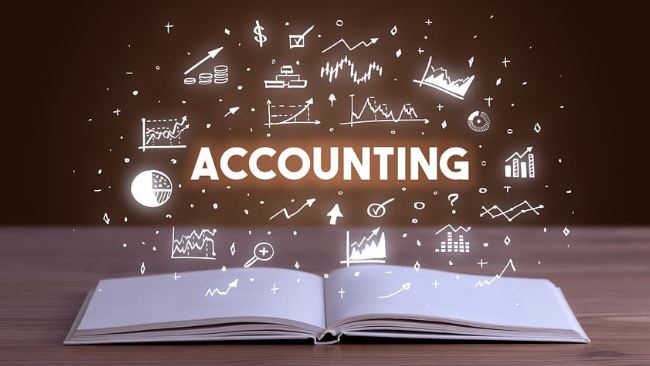The Conceptual Framework of Accounting: A Historical and Critical Review (2012)
Conceptual Framework of Accounting Dissertation – An accounting conceptual framework as described by Watts & Zimmerman is a coherent system of inter-related objectives and fundamentals that should lead to consistent standards that prescribe the nature, function and limits of financial accounting and financial statements. However, it is sometimes simpler to say what a conceptual outline ought to be, than to basically specifically characterize it.
Numerous efforts aimed at formulating such framework or outline have been adopted with the latest modification being that of the, 1999 March statement of Principles for Financial Reporting and exposure draft. The major explanation behind initiating a standard conceptual structure is that it provides necessary and sufficient framework for putting forth book-keeping principles, a foundation for settling accounting disagreements in addition to an elementary standard which afterwards do not have to be recurring in book-keeping principles. Book-keeping date’s back medieval times along with other profession in business computing and analyzing.
The pioneers in accounting developed a business language and terms. They came up with monetary form of business transactions and financial institutions to act as a custodian for safe keeping and lending it as capital to others. Among their inventories was the double entry book keeping system. Italian Renaissance benefited most at the time from the loans it got to fund the establishment businesses that sustained capitalism.
Accounting and its practices has ever since contributed to the significant growth of many business markets across the world and the resulting to an economic ‘uproar’ in the 20th century. It is one important tool in realizing the global economic targets of the 21st century. The conceptual framework responsibility is to unite standards of accounting practices and see that those published conform to joint stipulated guidelines towards the framework. It is significant for the board to see that alternative accounting procedures are tremendously reduced.
- 10,000 words – 31 pages in length
- Good use of literature
- Good analysis of subject area
- Well written throughout
- Good in depth analysis
- Ideal for finance and accounting students
1. Historical Section
Introduction
The 1920s-1930s
The 1940s-1960s
The1970s-1990s
Towards the 21st Century
2. Literature Review
The Link between book keeping theory, standards and the conceptual structure
Functions and extent of the declaration of principles
Significance of the declaration
The purposes of monetary reports
Presumptions (theories), their character and how they are devised
book keeping Theories
3. The Critical Section
Introduction
Nature and Function of the Conceptual Framework
A Classical Model of Accounting: The Framework Expanded
A Test of the Validity of the Model
The Conceptual Framework: A Continuing Process
First Level: Basic Goals
Second Level: Fundamental Concepts
Qualitative Descriptions of book keeping Facts
Assessment Creators (Users) and Understandability
Prime Qualities: Reliability and Relevance
Secondary Qualities: Comparability and Consistency
Essential Rudiments
Third Stage: Acknowledgment and Measurement Models
4. Conclusion
Bibliography

